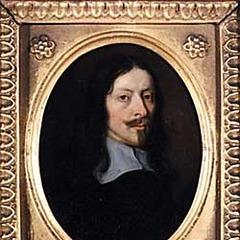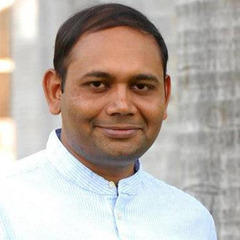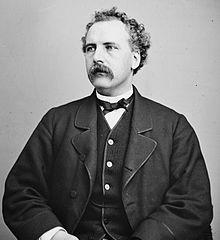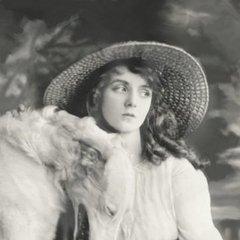Alexander Pope Quotes - Page 9

Alexander Pope, William Lisle Bowles, William Warburton, Joseph Warton (1806). “The Works of Alexander Pope, Esq., in Verse and Prose: Containing the Principal Notes of Drs. Warburton and Warton”, p.79
Alexander Pope (1830). “The Poetical Works of Alexander Pope, Etc”, p.46
For forms of government, let fools contest; Whate'er is best administered, is best.
"The Complete Poetical Works of Alexander Pope".
'An Essay on Criticism' (1711) l. 354
Letter to Jonathan Swift, 5 December 1732, in George Sherburn (ed.) 'The Correspondence of Alexander Pope' (1956) vol. 3, p. 335
Alexander Pope (1847). “The works of Alexander Pope, with notes and illustrations, by himself and others. To which are added, a new life of the author [&c.] by W. Roscoe”, p.59
Chaste to her husband, frank to all beside, A teeming mistress, but a barren bride.
Epistles to Several Persons "To a Lady" l. 71 (1735)
An Essay on Criticism l. 362 (1711)
Alexander Pope, William Roscoe (1824). “The Works of Alexander Pope: Esq. with Notes and Illustrations by Himself and Others. To which are Added, a New Life of the Author, an Estimate of His Poetical Character and Writings, and Occasional Remarks”, p.311
Alexander Pope (1797). “Moral essays”, p.305
Alexander Pope (1807). “The Poetical Works of Alexander Pope”, p.5
Alexander Pope (1807). “The Poetical Works of Alexander Pope”, p.172
Alexander Pope (1751). “The works of Alexander Pope. With his last corrections, additions, and improvements. Publ. by mr. Warburton. With occasional notes”, p.67
We think our fathers fools, so wise we grow. Our wiser sons, no doubt will think us so.
Alexander Pope (1850*). “The works of Alexander Pope. With notes by dr. Warburton”, p.203
Alexander Pope, William Warburton (1797). “The Works of Alexander Pope, Esq: Life of Alexander Pope. Poems”, p.88
Alexander Pope, William Lisle Bowles, William Warburton, Joseph Warton (1806). “The Works of Alexander Pope, Esq: Sappho to Phaon. Eloisa to Abelard. The temple of fame. January and May. The wife of Bath. The first book of Statius's Thebais. The fable of Dryope. Vertumnus and Pomona. Imitations [of English poets] Miscellanies. Epitaphs”, p.44
Avoid Extremes; and shun the fault of such Who still are pleas'd too little or too much.
Alexander Pope (1847). “The works of Alexander Pope, with notes and illustrations, by himself and others. To which are added, a new life of the author [&c.] by W. Roscoe”, p.355
For he lives twice who can at once employ, The present well, and e'en the past enjoy.
"The Poems of Alexander Pope". Book edited by John Butt, sixth edition, p. 117, 1970.
Fondly we think we honor merit then, when we but praise ourselves in other men.
Alexander Pope (2015). “An Essay on Criticism”, p.14, Sheba Blake Publishing
Pleased to the last, he crops the flowery food, And licks the hand just raised to shed his blood.
Alexander Pope (1829). “An Essay on Man: And Other Poems”, p.6
To George, Lord Lyttelton, 15 May 1744, in Joseph Spence 'Anecdotes' (ed. J. Osborn, 1966) no. 637






